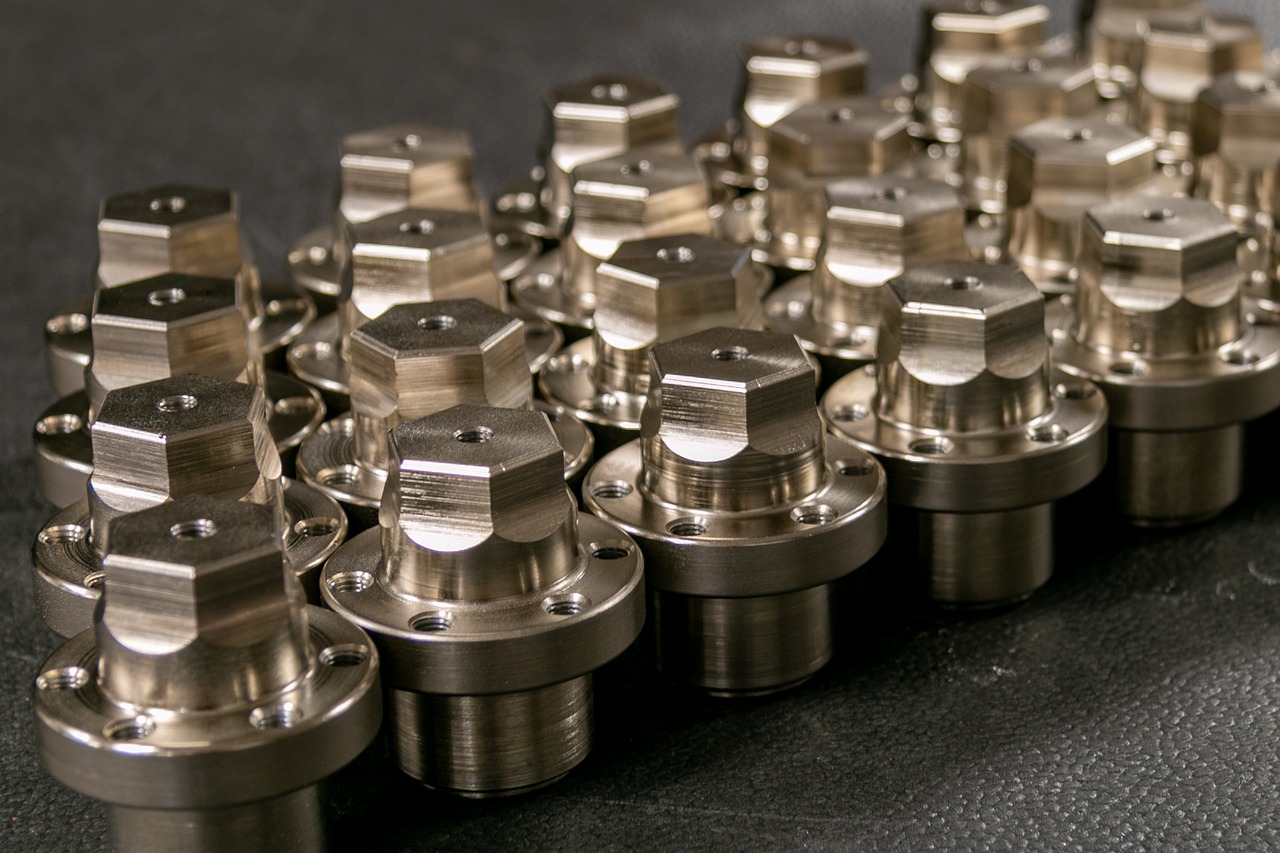
Tool design and manufacturing directly influence production quality. Semtool Engineering in Australia offers solutions to enhance your production processes.
Tool design and manufacturing are crucial elements in determining the quality of your production process. With precise tooling, businesses can achieve high efficiency, consistency, and product quality. At Semtool Engineering, based in Melbourne, we specialise in advanced tool design and manufacturing services that ensure your production meets the highest standards.
Tool Design and Manufacturing
Tool design and manufacturing refer to the processes involved in creating tools that are used in the production of goods. These tools are essential in industries such as manufacturing, automotive, aerospace, electronics, and many others.
They are integral to ensuring high production quality across various industries. From ensuring precision and consistency to reducing maintenance costs and improving efficiency, tools that are well-designed and manufactured can dramatically enhance the quality of the final product. Investing in quality tool design, coupled with advanced manufacturing techniques, not only improves product quality but also optimises the production process by reducing waste, improving cycle time, and increasing durability.
Primary Steps in Tool Design
Tool design is the first step in the process and focuses on developing tools that are suited to a specific manufacturing process or product. It involves the following key stages:
• Requirements Analysis: This stage involves understanding the requirements of the product to be produced, including the material, precision, and volume.
• Design Concept: The next stage encompasses the creation of a concept or draft of the tool based on the product specifications. This includes choosing the type of tool (e.g., cutting, moulding, shaping) and determining its functionality.
• Material Selection: Choosing the appropriate materials for the tool is the next step in tool design. This could range from steel, carbide, and high-speed steel for cutting tools to specialised alloys for dies and moulds.
• CAD Design: After selecting the materials, experts have to use Computer-Aided Design (CAD) software to create detailed digital models of the tool. CAD allows for precise specifications and adjustments to be made before physical manufacturing begins.
• Prototyping: Often, a prototype of the tool is created to test its performance. This ensures that the design meets the required specifications and works effectively in the production process.
• Testing and Refining: The tool is finally tested in a controlled environment to identify any flaws or weaknesses. Modifications are made to improve performance, durability, and efficiency.
Stages of Tool Manufacturing
Once the design is finalised, the next step is tool manufacturing. Some of the steps in tool manufacturing include:
• Material Preparation: The raw materials selected during the design phase are prepared for use. This might involve cutting, forging, casting, or machining the material to the required dimensions.
• Machining: Machining then involves using tools like CNC (Computer Numerical Control) machines, lathes, and milling machines to shape and refine the tool. This step ensures that the tool matches the design specifications in terms of size, shape, and finish.
• Heat Treatment: For many tools, particularly cutting tools, heat treatment is applied to improve hardness, toughness, and durability. It involves processes like hardening, tempering, or annealing.
• Surface Finishing: After machining, tools are often subjected to surface finishing processes such as grinding, polishing, or coating to improve their surface quality and performance.
• Testing and Quality Control: Just like in tool design, tools are tested during the manufacturing process to ensure that they meet quality standards. This includes dimensional inspections, functional tests, and durability assessments.
If you need help with tool design and manufacturing, contact Semtool Engineering today!